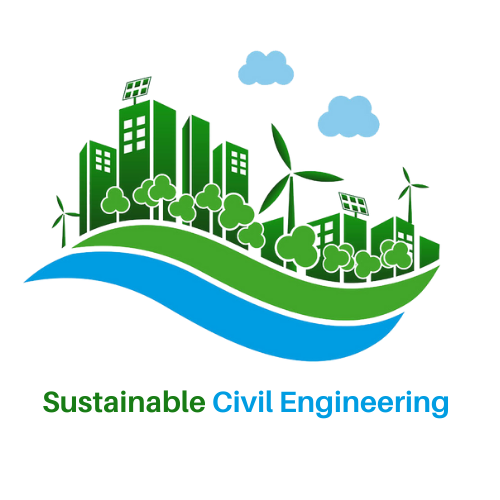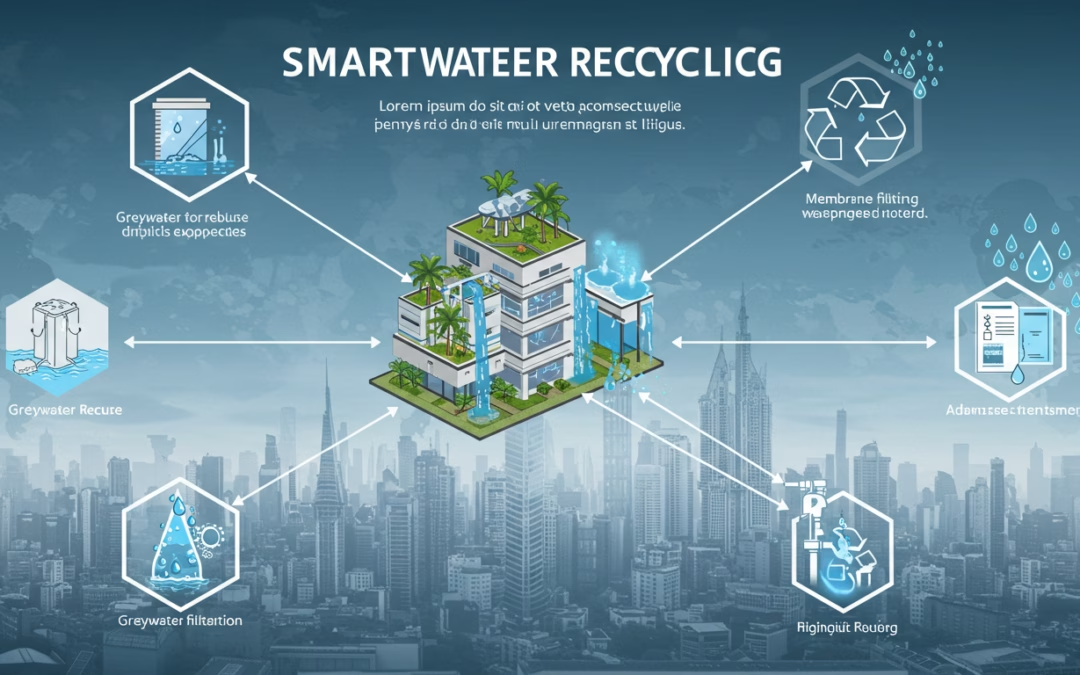Smart Water Recycling: Practical Solutions for a Sustainable Future
Water recycling has existed since ancient times, primarily in the form of rainwater harvesting. Today, we have many more options available, yet it’s surprising how little we use them. The simplest explanation is that we still have easy access to running water, so there’s no incentive to change. But being sustainably responsible means thinking beyond convenience and making choices that reduce waste, protect resources, and ensure a better future for future generations.
Currently, we waste excessive amounts of water simply because it’s convenient. However, with a proactive mindset, we can implement practical solutions that conserve water and reduce costs and environmental impact. Here are some key options to consider:
Rainwater Harvesting
Even in dry regions, occasional storms provide opportunities to collect water. With proper planning, you can install a system that diverts rainwater from your roof into storage tanks for irrigation. It is simple, cost-effective, and environmentally friendly.
Water Reclamation
There are multiple ways to reclaim water, particularly from household appliances. San Francisco’s Dry-to-Landscape(L2L) Graywater Project guides the reuse of laundry water for irrigation.
Want to go further? Adding a filtration system and pump allows reclaimed water and harvested rainwater to be used for toilet flushing. This is significant because studies show that toilets account for roughly 25% of household water usage in an average four-person home.
Green Roof Systems
For those looking to maximize sustainability, installing a green roof offers multiple benefits:
- Reducing the heat island effect
- Improving insulation, keeping homes cooler in summer and warmer in winter
- Preventing stormwater runoff from overwhelming sewer systems and being unnecessarily treated as wastewater
Why It Matters Now
Currently, 85% of San Francisco’s water travels 160 miles from the Hetch Hetchy reservoir, only used once and then discharged into the Pacific Ocean. Reducing that demand through conservation, recycling, and harvesting efforts makes far more sense.
By taking action today, we can reduce waste, lower costs, and protect one of our most vital resources: water. Making sustainable choices now ensures a more resilient and responsible future for all.

